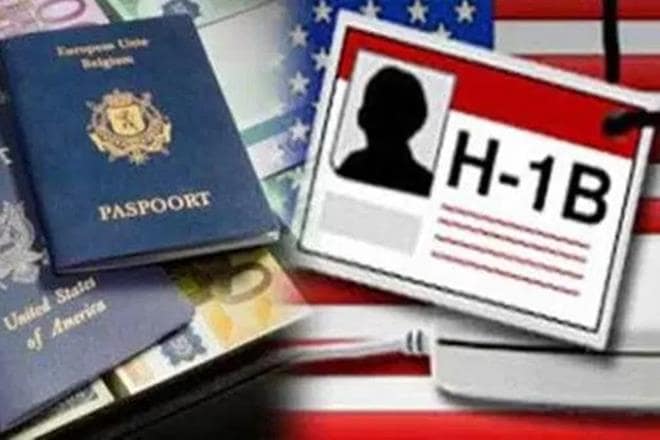The US Citizenship and Immigration Services (USCIS) has laid out two fresh guidelines on the use of H-1B visas that could restrict the movement of entry-level computer programmers from India and apply brakes on abuse of these visas. USCIS has clarified that an entry-level computer programmer would not generally qualify as a position in a specialty occupation. The H-1B visa programme is designed to bring highly-skilled workforce into the US as a specialty occupation given the shortage of these technical skills. USCIS has also announced multiple measures to deter and detect H-1B visa fraud and abuse. “The H-1B visa program should help US companies recruit highly-skilled foreign nationals when there is a shortage of qualified workers in the country. Yet, too many American workers who are as qualified, willing, and deserving to work in these fields have been ignored or unfairly disadvantaged,” it said.
These measures are unlikely to have any immediate negative impact on Indian IT companies, but will make them more cautious in their approach towards the use of H-1B visas, industry observers said. Nasscom, the Indian IT industry body, said the clarification issued by the USCIS on entry-level programmers is likely to have a marginal impact on companies, and Indian firms are applying for visas for higher-level professionals this year. Nasscom also said that evidence reveals that jobs undertaken by Indian IT companies are complex or specialised in nature and require professional degrees.
A senior executive of an Indian IT company said, “The kind of professionals we send on H-1B visas depend on the client requirement and we do not have much say in that.” “USCIS will continue random and unannounced visits nationwide. These site visits are not meant to target non-immigrant employees for any kind of criminal or administrative action but rather to identify employers who are abusing the system,” it said. This year, the window for H-1B visa applications began on April 3 and 65,000 of these work permits will be decided by a lottery system. Large Indian IT companies such as TCS, Infosys and Wipro have generally been the largest recipients of these visas. Indian IT companies have come under increased scrutiny on the use of H-1B visas as there is perception that they are taking away jobs of skilled American workers through import of low-cost resources.
You might also want to see this:
The USCIS also said to further deter and detect abuse, it has established an e-mail address which will allow individuals to submit tips, alleged violations and other relevant information about potential H-1B fraud or abuse. US accounts for 60% of India’s IT services export and any change in regulations will have a serious impact on the industry. It was expected that President Donald Trump would bring in changes to the visa system through an executive order, but this has not happened as yet.


